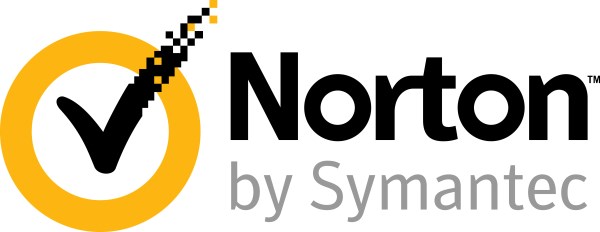Norton by Symantec released its findings from the Norton Cybersecurity Insights Report which sheds light on the truths of online crime and the personal effect it has on consumers in Malaysia. It revealed that 4,686,007 people in Malaysia have been victims of cybercrime in the past year.

The report found that in Malaysia, 56% of consumers believed it’s more likely to have their credit card information stolen after shopping online rather than out of their wallets. More than six in 10 (59%) of Malaysians believe using public Wi-Fi is riskier than using a public restroom. Additionally, 33% reported they have personally experienced cybercrime in the past year.
Who tops the list of those most aware of online security practices in Malaysia? Baby Boomers – a group often considered less tech savvy – report more secure online habits than Millennials, with only 8% admitting to sharing passwords. Born in the digital era, Millennials, often throw caution to the wind with 26% admitting to sharing passwords and other risky online behavior.
Malaysia consumers lost an average of 27 hours over the past year dealing with the fallout of online crime and nearly RM 1,890 per person – totaling roughly RM 8.9 Billion. On top of this loss, cybercrime takes a true emotional toll with 4 in 10 (41%) of consumer cybercrime victims in Malaysia feeling frustrated after becoming a victim.
Key finds of the Norton Cybersecurity Insights Report in Malaysia:
- 28% have no password on their smartphone
- 29% have no password on their laptop
- 74% have no security software on their desktop, similar for laptop
- 24% say there are “completely in control” of their online security
- 70% feel their knowledge and practice of online security is “above average”
- 79% feel the chance of being an online crime victim is significant enough to worry about
- Over 40% have no password on their desktop, and the same is true for tablet owners
- 74% Malaysians would feel devastated if their financial accounts were compromised
- Victims of cybercrime in Malaysia have lost more than a day (27 hours) due to online crime
- Smartphone (98%) and Computers (97%) are the most commonly owned devices in Malaysia
- 48% believe that identity theft is more likely than ever before
- 50% said it was easier to control personal information before smartphones and the Internet
- 68% believe using public Wifi is riskier than using a public restroom
- 49% have experienced cybercrime and 83% know someone else who has experienced cybercrime
- 79% feel the chance of being an online crime victim is significant enough to worry about
- 76% believe it is riskier to share their email password with a friend than lend them their car (24%), yet sharing of password is still common
- Of those using passwords, nearly two in five (38%) respondents always use a secure password – a combination of at least eight letters, numbers and symbols. People are sharing passwords to online sensitive accounts with friends and family. Of those sharing passwords, one in three (34%) share the password to their banking account.
Norton top tips for consumer to stay safe online:
- Choose a unique, smart, secure password for each account you have online. For tips on how to do this, click here.
- Delete emails from senders you don’t know, and don’t click on attachments or links on suspicious-looking emails.
- On social media sites if an offer sounds too good to be true, it just might be. Beware of the pitfalls of clicking on links from social media sites. Before clicking, hover the mouse over the link to see its destination. Only click on links that lead to reputable, official company pages.
- Always monitor your financial accounts for unusual activity. If there is a charge that you didn’t make, report it immediately. Often cybercriminals will charge a small “test” amount before attempting to drain your bank account.
- Don’t put off installing security software such as Norton Security and updating it regularly.
- Use a secure backup solution to protect files and backup regularly so criminals can’t hold them for ransom.
“Cyber attackers are not slowing down. They are using increasingly sophisticated techniques to steal consumers’ personal information such as passwords, contact information and banking credentials to fill their coffers,” said Choon Hong Chee, Director, Asia Consumer Business, Norton by Symantec. “As consumers in Malaysia adapt to the fast-evolving digital world, we encourage them to take proactive measures to safeguard their information online and not become complacent about security.”











